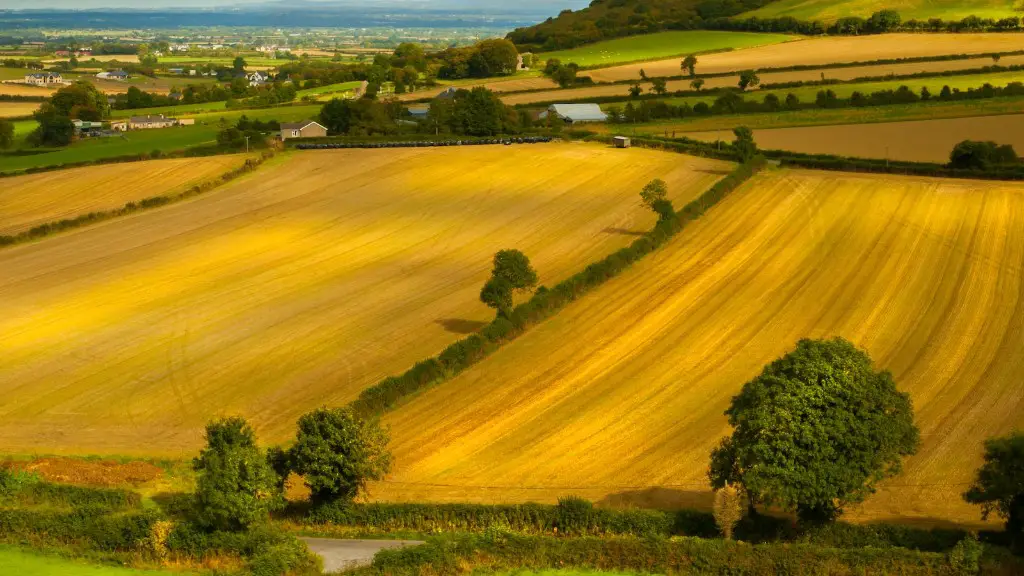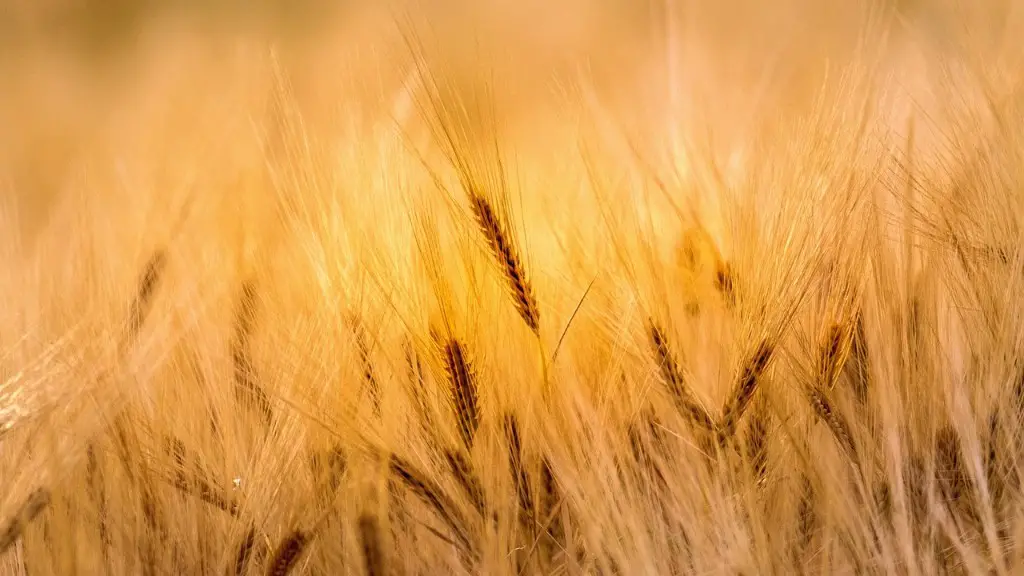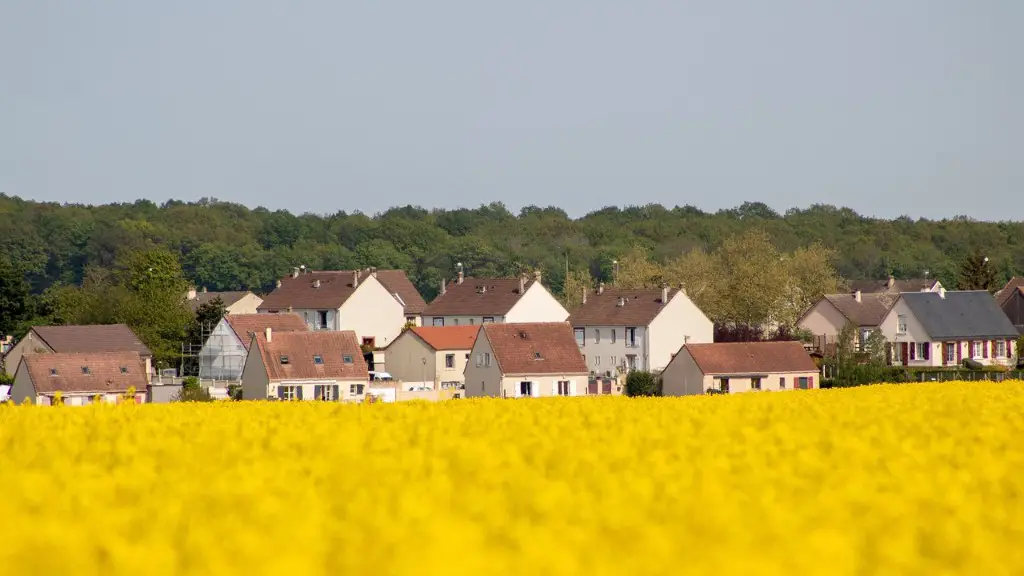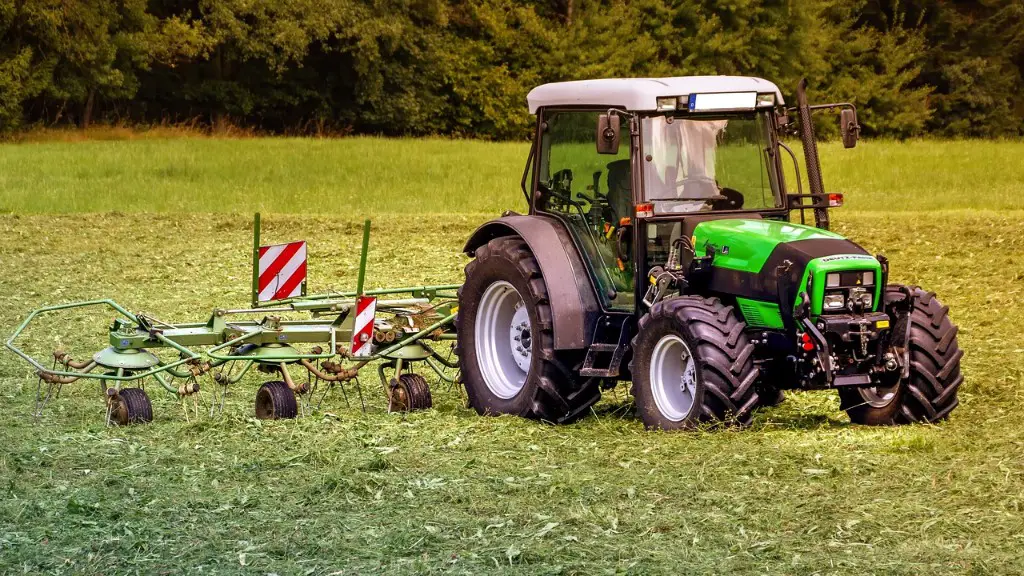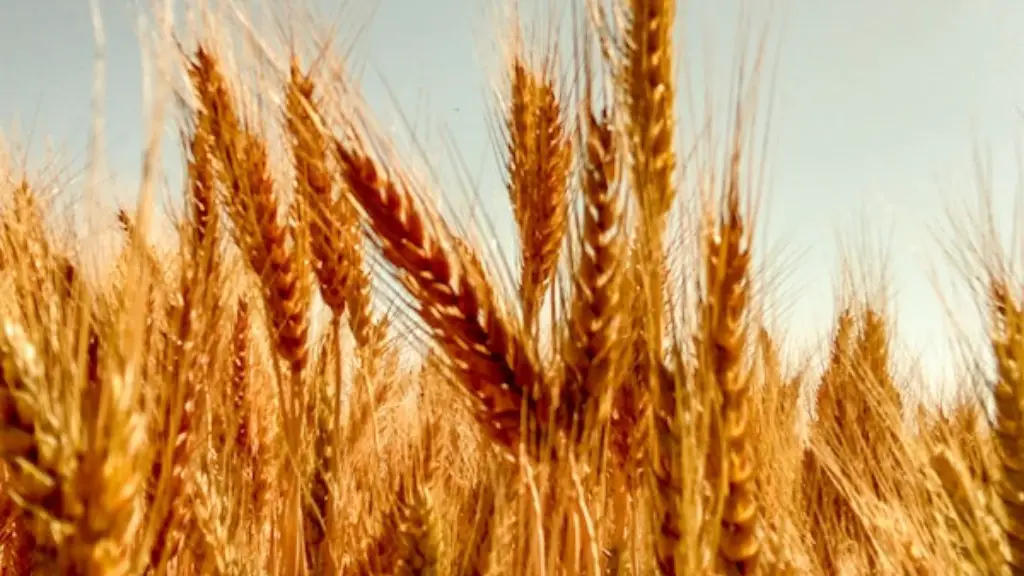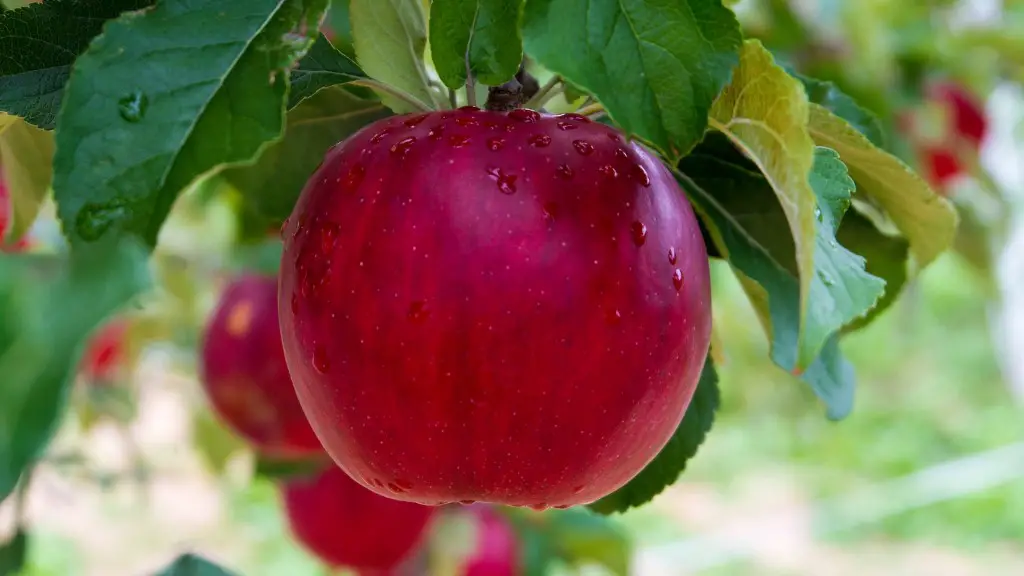Farmers play a vital role in our society. They provide us with the food we need to survive. Agriculture is the study of how to best produce food, both for people and for animals. It includes the science of soil management, crop production, and horticulture. It also includes the study of animal husbandry, which is the care and management of farm animals.
Studying agriculture helps us to understand how to produce food and other crops, and how to take care of the land. It also teaches us about the science behind agriculture, and how to manage an agricultural business.
Why do we need to study the agriculture?
Studying agriculture at a degree level is a great way to learn about farming practice, sustainability, environmental management, and food production. This subject is unique in that it combines several disciplines, such as science, economics, and business, for a multifaceted approach. You will gain valuable skills and knowledge in all aspects of agriculture, making you a well-rounded and knowledgeable individual.
Agricultural science degree programs offer students the opportunity to study a variety of topics related to food production, animal husbandry, and farming. These programs typically include coursework in biology, chemistry, physics, and other sciences, as well as hands-on experience in the field. Students in these programs can prepare for careers in agriculture, food science, veterinary medicine, and other related fields.
Why is Iowa important to agriculture
The state’s rich soil is perfect for growing corn and soybeans, which are used to produce high quality inputs for the food industry. These inputs include yeast, enzymes, sweeteners, flavors, proteins, fibers, gelatins, and binders, which are all essential for making delicious and nutritious food. The state’s farmers are dedicated to producing the best possible crops, and they are constantly innovating to make sure that their products are of the highest quality. This commitment to quality is what makes the state’s food industry so strong, and it is why the state’s products are in high demand all over the world.
Agricultural education programs are a great way for students to develop their potential for leadership, personal growth and career success. Through these programs, students investigate various aspects of agriculture, including science, math, history, technology and legislation. This gives them a well-rounded understanding of the agricultural industry and prepares them for a successful career in this field.
What do you need to study agriculture?
To be eligible for admission into this program, you will need to have a National Senior Certificate with a bachelor’s degree or diploma endorsement, or an equivalent qualification. Your English (home language or first additional language) and Mathematics scores must be at least a 4 and 3 respectively, or a 4 for Mathematical Literacy.
Future agriculture will use sophisticated technologies such as robots, temperature and moisture sensors, aerial images, and GPS technology. These advanced devices and precision agriculture and robotic systems will allow farms to be more profitable, efficient, safe, and environmentally friendly.
What is the study of agriculture all about?
The Agricultural sciences encompass a wide range of topics and sub-disciplines, dealing with everything from food and fibre production, to soil cultivation and crop harvesting. They also include the processing of plant and animal products for human consumption, as well as the study of animal husbandry and husbandry practices. In recent years, there has been a growing focus on sustainable agriculture, and the role that agricultural sciences can play in achieving this. Agricultural scientists are working to develop more efficient and environmentally-friendly methods of food and fibre production, as well as ways to improve the quality of food and fibre products.
In America’s Heartland, the Midwest, fertile soils help farmers produce abundant harvests of soybeans and grain crops such as corn, wheat, and oats. Much of this harvest is transported down the Mississippi River in order to reach its final destination. The Mississippi River is a vital artery for the American Heartland, connecting farmers in the Midwest with markets in the south and east. Without the Mississippi River, the Heartland would be a very different place.
What are the characteristics of industrial agriculture
Industrial agriculture is the current dominant food production system in the United States. This system is characterized by large-scale monoculture, heavy use of chemical fertilizers and pesticides, and meat production in CAFOs (confined animal feeding operations).
This system has led to a number of environmental and public health problems, including water pollution, soil erosion, and the overuse of antibiotics in animal agriculture. Additionally, it has contributed to the decline of small family farms and the rise of large agribusinesses.
There is growing movement to reform the industrial agriculture system, with a focus on transitioning to more sustainable and regenerative practices. This includes diversifying crop rotations, using more natural fertilizers and pest controls, and moving away from CAFOs.
The top 5 agricultural commodities in Iowa in terms of cash receipts are corn, hogs, soybeans, cattle and calves, and dairy products. The information comes from Iowa’s State Data.
What are the benefits of an agriculture based society?
Society depends on agriculture in many ways. Agriculture provides food for people to live and work, raw materials for industry, and jobs for people in the agricultural sector. Agriculture also has a huge impact on the economy, through trade and agriculture-related businesses.
If you’re considering a career in agriculture, pursuing a degree in agriculture can be a great way to set yourself up for success. While you don’t necessarily need a degree to land many agriculture jobs, having a degree can give you a leg up on the competition and open up other possible opportunities in the industry. So if you’re wondering if agriculture is a good major to pursue, the answer is a resounding yes!
What skills do you need for agriculture
Agricultural workers should possess the following specific qualities:
-Dexterity: Agricultural workers need excellent hand-eye coordination to harvest crops and operate farm machinery.
-Listening skills: Agricultural workers need to work well with others.
-Physical stamina: Physical strength is important for agricultural workers to be able to perform their duties.
-Mechanical skills: Agricultural workers need to be able to operate farm machinery.
Agriculture plays a vital role in our everyday lives – it provide us with the food we eat, the clothing we wear, and the shelter we live in. It also helps people to enjoy a higher quality of life by providing them with fresh produce, free from harmful chemicals and pesticides.
How agriculture change the life?
Agriculture has brought about many changes in human life. For one, it has allowed people to settle down in one place instead of being nomadic. This has allowed them to grow their own food and become less dependent on hunting and gathering. Additionally, it has led to the development of civilizations and the growth of cities and communities.
It is estimated that the agricultural industry employs around 1.3 billion people worldwide, which is around 1 in 10 of the world’s population. In the United States, the agricultural industry employs around 2.6 million people. This is around 1.3% of the total workforce in the country. The agricultural industry is therefore a significant employer of people, especially in rural communities where there are often few other employment opportunities. Farmers play a vital role in the economy and provide essential employment for people in rural communities.
Warp Up
Agriculture is the science and art of cultivating plants and livestock for human use. In a narrow sense, agriculture means the growing of crops for human food. The word agriculture comes from the Latin word ager, meaning “field,” and from the Latin word agere, meaning “to drive” or “to lead.” The word agriculture thus originally meant “the leading of animals,” but it came to mean “the tilling of land” by the eighteenth century. By the late nineteenth century, it came to be used almost exclusively in reference to the growing of crops. Today, agriculture is still the leading of animals in some parts of the world, but in most parts it refers to the growing of crops.
Agriculture is an important subject to study because it is the foundation of our food supply. Without farmers, we would not have the food we need to survive. In addition, agriculture is a critical part of the economy, providing jobs for millions of people around the world. If we want to continue to have a healthy food supply and a strong economy, we need to continue to study agriculture.
